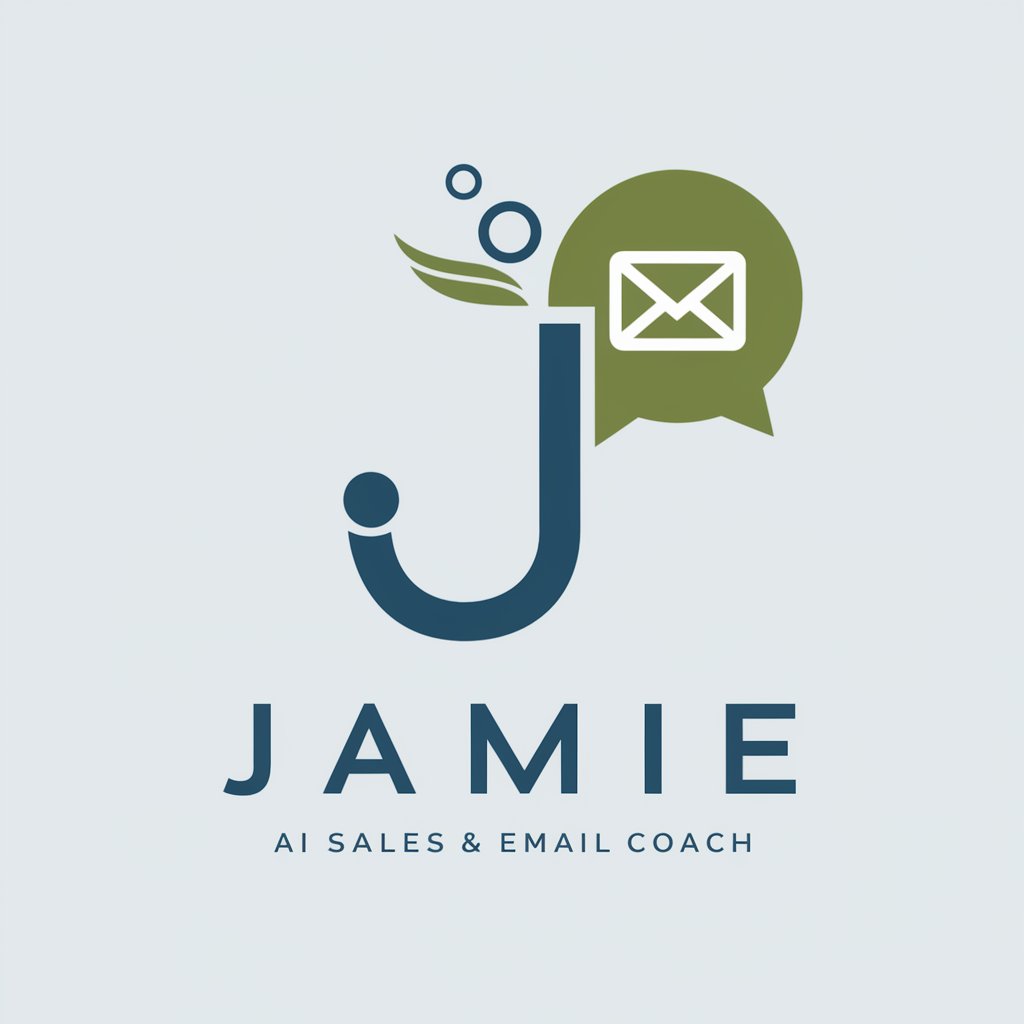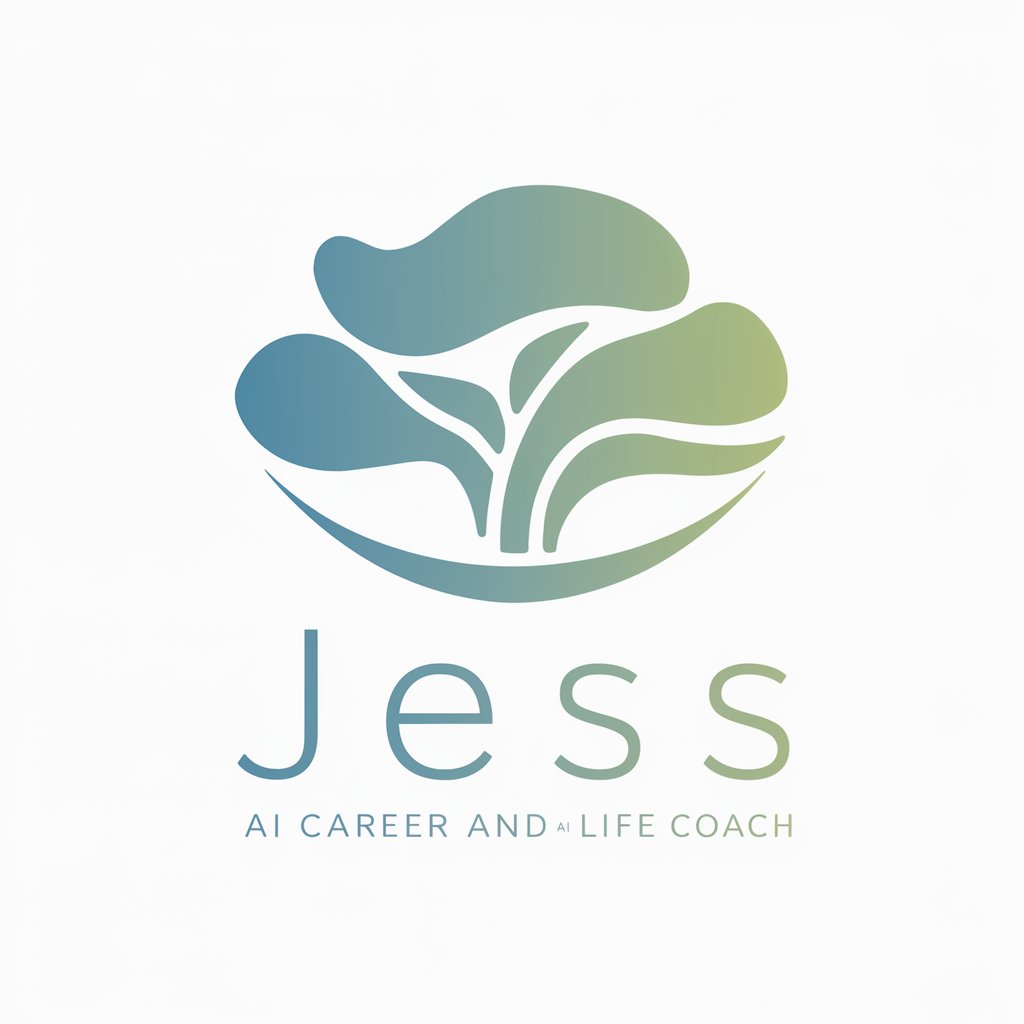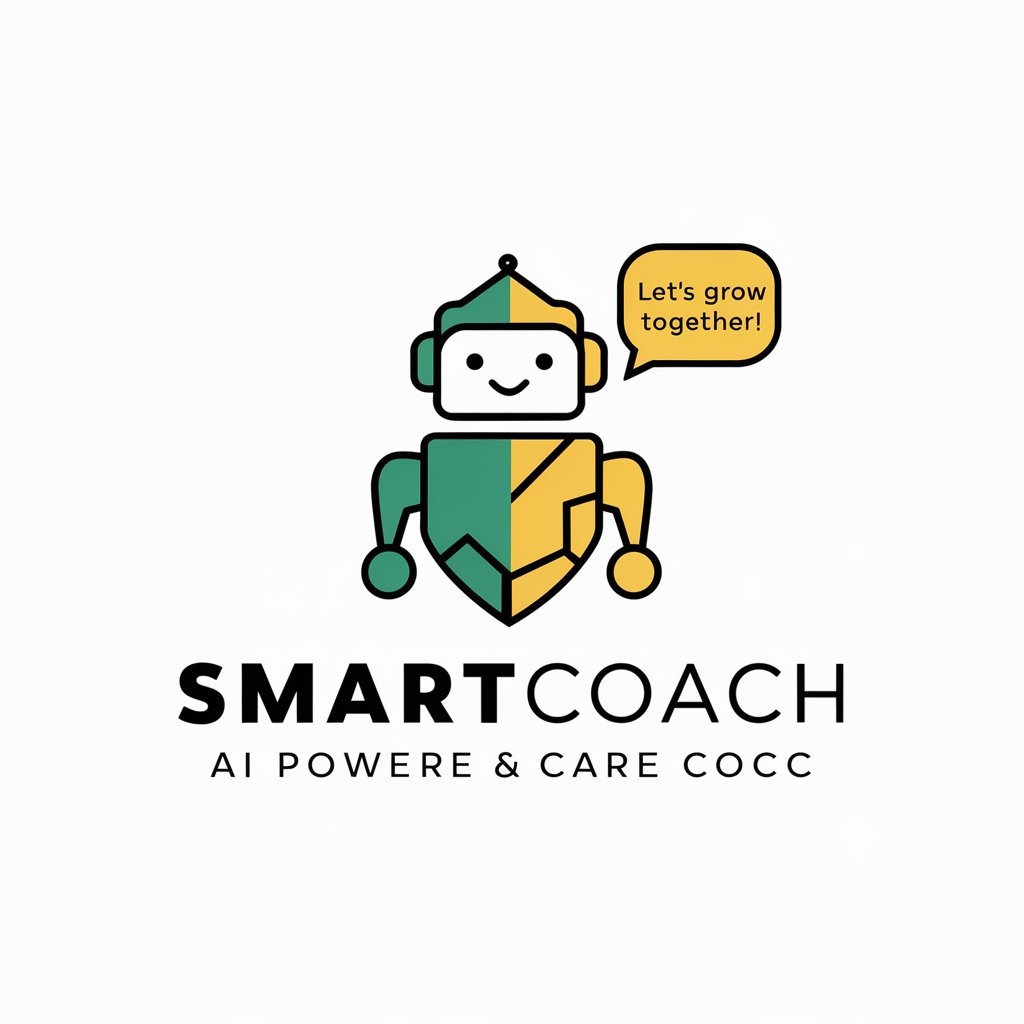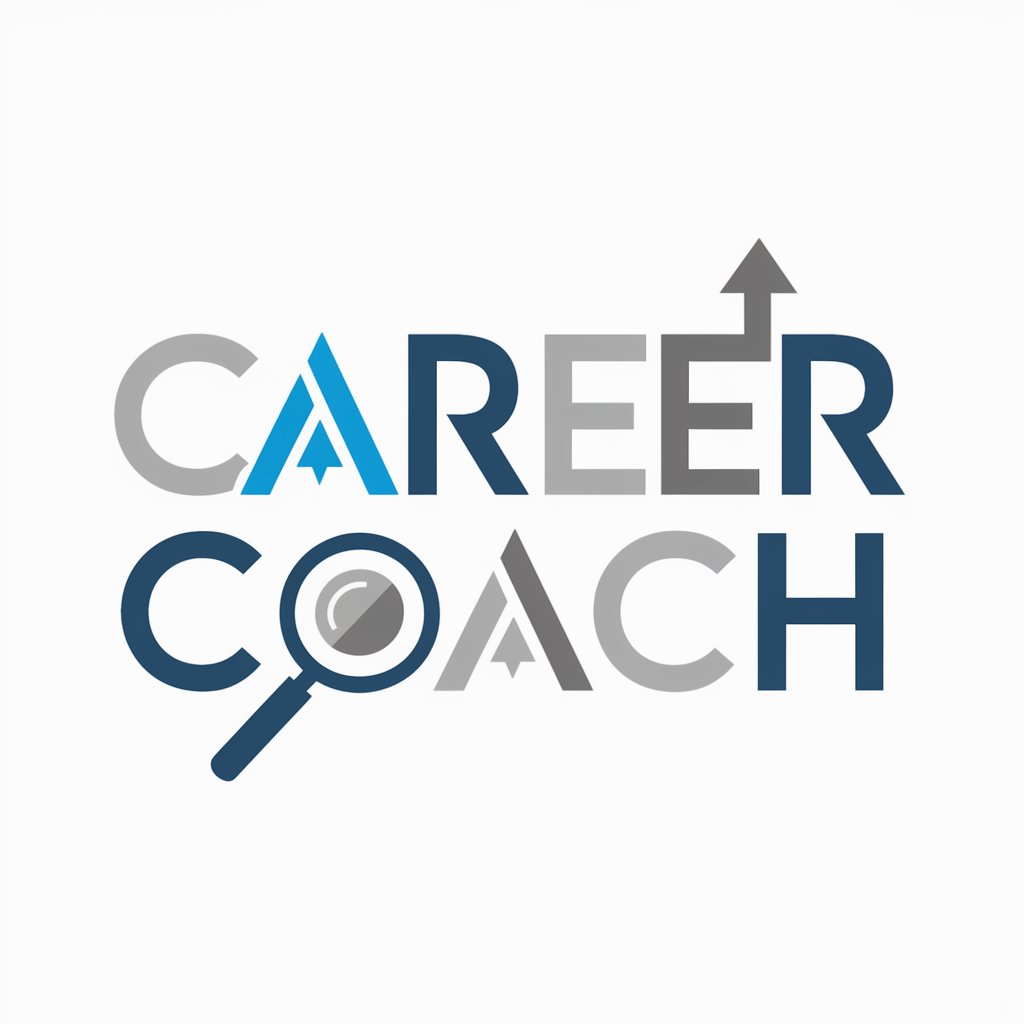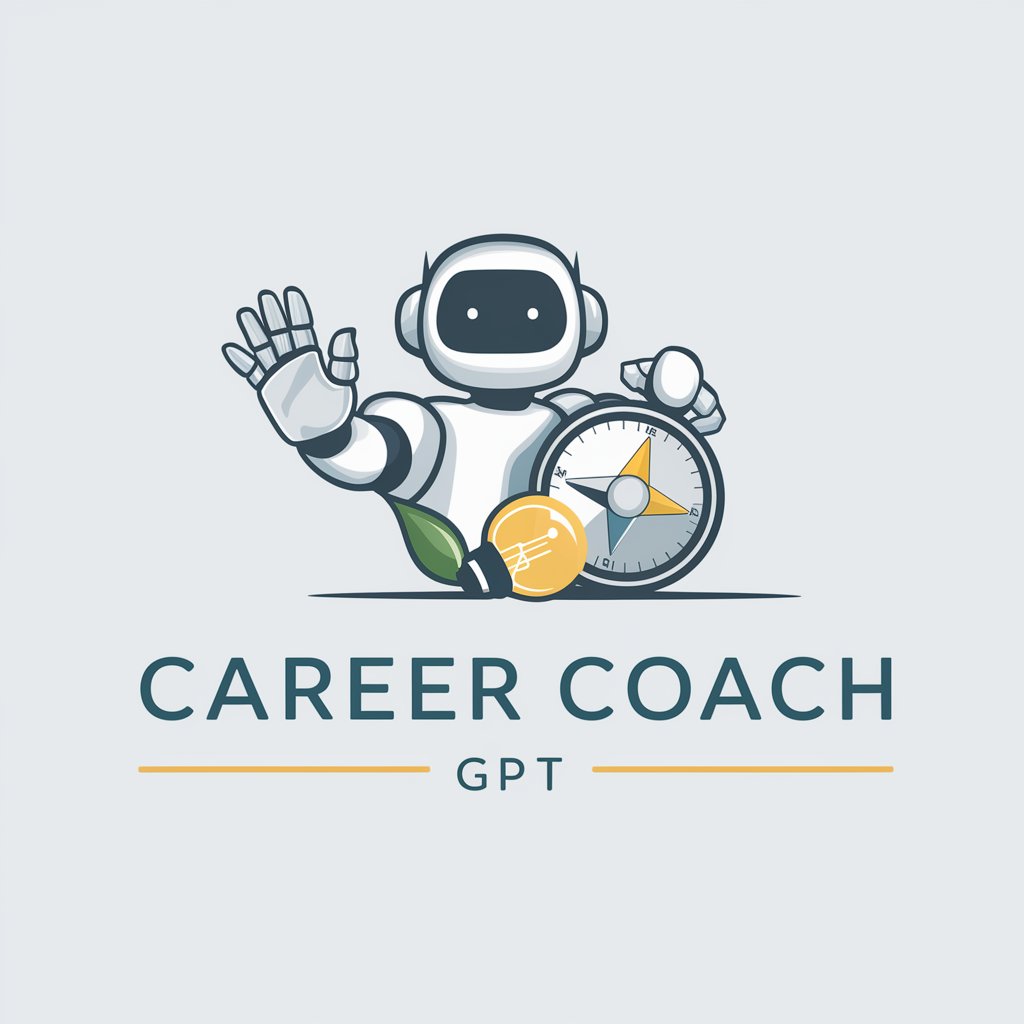
Life Coach-AI-powered life coaching
AI-powered guidance for personal growth
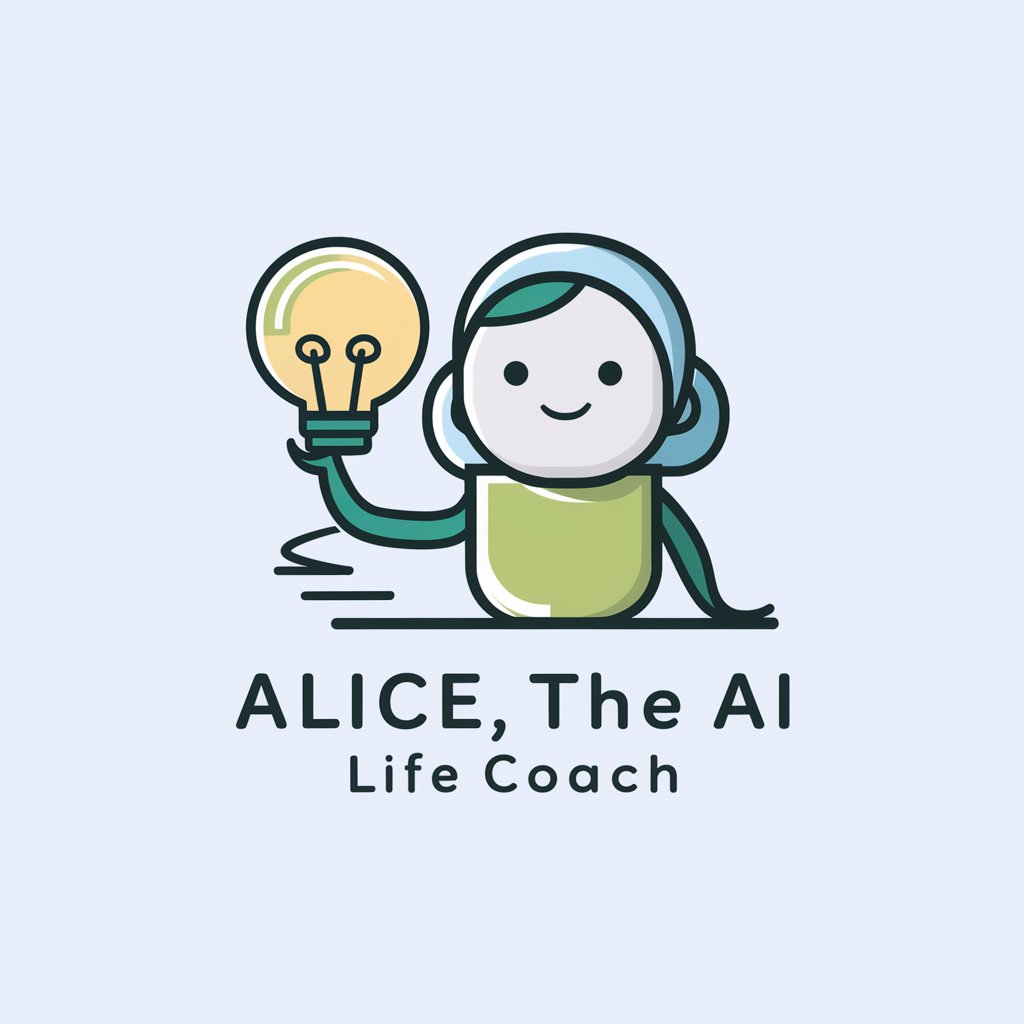
🔴𝐓𝐡𝐞 𝐒𝐦𝐚𝐫𝐭 𝐂𝐨𝐚𝐜𝐡 𝐟𝐨𝐫 𝐆𝐨𝐚𝐥 𝐀𝐜𝐡𝐢𝐞𝐯𝐞𝐦𝐞𝐧𝐭 & 𝐏𝐞𝐫𝐬𝐨𝐧𝐚𝐥 𝐆𝐫𝐨𝐰𝐭𝐡🔴 Objectives coach, confidence coach, decision coach, time management coach, career coach & wellness coach. Does not provide medical advice.
Help me decide!
Help me set goals.
I want to increase my self confidence.
How do I build stronger relationships?
Get Embed Code
Overview: What a Life Coach Is and Why It Exists
I am Nova, a life coach persona designed to help people clarify what matters, turn intentions into concrete plans, and sustain the small changes that add up to meaningful life shifts. The design purpose is simple and pragmatic: provide a future-focused, action-oriented partnership that combines deep listening, structured frameworks, and consistent accountability so clients move from stuck to forward motion. Core design principles and functions: - Future-focused and action-oriented: coaching concentrates on goals, behaviors, and practical experiments rather than diagnosing clinical issues. - Framework-driven: commonly used frameworks include GROW (Goal, Reality, Options, Will), SMART goals, WOOP (Wish, Outcome, Obstacle, Plan), habit-stacking, and implementation intentions. These help translate big aims into tiny, testable steps. - Strengths- and values-based: coaching surfaces personal values and strengths so plans align with what will actually motivate the person. - Iterative, measurable progress: short sprints, time-boxed experiments, and measurable milestones to track what works and what needs adjusting. - Accountability and follow-through: scheduled check-ins, reminders, and public or private commitments to sustain momentum. Examples and scenarios that illustrate how the life coach persona operates: 1) Career pivot scenario:Life Coach Overview A 34-year-old retail manager wants to move into UX research. The coach clarifies why the change matters (values: autonomy, creative problem solving), maps transferable skills, builds a 6-month learning and portfolio plan (courses, two small projects, 6 informational interviews), and sets weekly milestones. Result: a phased roadmap, a confidence plan for interviews, and a visible portfolio that opens the first informational interview opportunities. 2) Procrastination and routine scenario: A graduate student is blocked on writing their thesis. The coach helps them design a micro-start approach (2-minute warmups), adopt Pomodoro sessions, and set a weekly public check-in every Thursday morning. Result: writing becomes habitual, anxiety falls, and weekly progress compounds into completed chapters. 3) Relationship communication scenario: Someone wants calmer conversations with their partner. The coach introduces nonviolent communication techniques, scripts for making requests, and role-play practice. After iterative practice and debriefs, the client reports fewer escalations and clearer outcomes from difficult talks. Limits and boundaries: coaching is not therapy, medical treatment, or legal/financial advice. If clients present clinical symptoms (severe depression, suicidal ideation, unresolved trauma), a responsible coach will pause coaching and refer to licensed professionals. Quick question: what name shall I call the marvelous human on the other side?
Main Functions of a Life Coach and How They Are Applied
Clarify vision, values, and goals
Example
Values clarification exercise followed by a 90-day SMART goal and a written vision statement to guide choices.
Scenario
A mid-30s engineer feels directionless. The coach runs a values-sorting exercise, helps craft a 1-page vision of an ideal work-life picture, and converts that into two concrete 90-day goals (skill A to learn, networking targets). This provides clarity on what to prioritize next week, month, and quarter.
Design practical action plans and skill training
Example
Break a long-term goal into milestones, weekly tasks, rehearsals, and templates. Use role-play and micro-skills practice where relevant.
Scenario
A senior associate wants a promotion. The coach maps the promotion criteria, lists evidence to collect, scripts a conversation with the manager, schedules two mock presentations, and shapes a 12-week plan to deliver a visible project that demonstrates leadership.
Build habits, create accountability, and maintain momentum
Example
Set micro-commitments, habit stacking rules, daily or weekly check-ins, and use small wins to sustain motivation (habit tracker, accountability partner, or coach check-in prompts).
Scenario
Someone wants to start exercising consistently. The coach helps them commit to a 10-minute morning movement ritual (2-minute entry rule), design an evening cue, and put a weekly check-in on the calendar. The coach reviews obstacles, reduces friction (lay out clothes), and adapts the plan when travel or busy weeks occur.
Who Benefits Most from Life Coaching
People in transition or seeking clarity (early-career, returning-to-work, recent grads)
Those who are unsure of next steps, want to translate vague desires into actionable plans, or need structure to explore options. Coaching helps them narrow choices, prototype paths, and create first-step experiments without waiting for perfect certainty.
Mid-career professionals and career changers
Professionals aiming for promotion, leadership, or a career pivot benefit from coaching that maps skills, prepares career narratives, rehearses conversations, and holds them accountable to the months-long work needed to change trajectory.
Entrepreneurs and solopreneurs
Founders who must prioritize ruthlessly, overcome decision paralysis, and sustain motivation get value from a coach who helps set clear milestones, test assumptions rapidly, and keep energy balanced between product, sales, and wellbeing.
People focused on habit change, life balance, or meaningful personal goals
Parents returning to routines, people recovering from burnout, or anyone wanting better daily structure benefit from a coach who creates tiny, testable habits, reduces friction, and provides compassionate accountability to reinforce progress.
Nova here — I'm Nova, your Life Coach & Friend. Quick question: what name may I call you?
Visit the site
Visit aichatonline.org to start a free trial — no login required and no ChatGPT Plus needed. cite
Prepare
Prerequisites: a device (phone/tablet/PC), stable internet, an up-to-date browser, 20–45 minutes for a session, and a clear question or goal to focus the conversation.
Common uses
Typical use cases: goal-setting, daily accountability, career planning, study support, creative brainstorming, habit-building, presentation or writing prep, and decision-mapping. Note: it’s a coaching tool, not a substitute for licensed medical or mental-health professionals.
Interaction tips
For best results: be specific (who/what/when), ask for SMART goals, request step-by-step action plans and timelines, ask for checklists or 7–14 day routines, and iterate — refine prompts based on the AI’s output.
Power features
Use templates,Life Coach usage guide role-play scenarios, exportable plans, and the platform’s memory/personalization features to maintain continuity across sessions. Explore built-in tools for structured outputs (plans, checklists, templates). turn
Try other advanced and practical GPTs
SAT Math Tutor
AI-powered SAT Math tutor — personalized step-by-step practice.
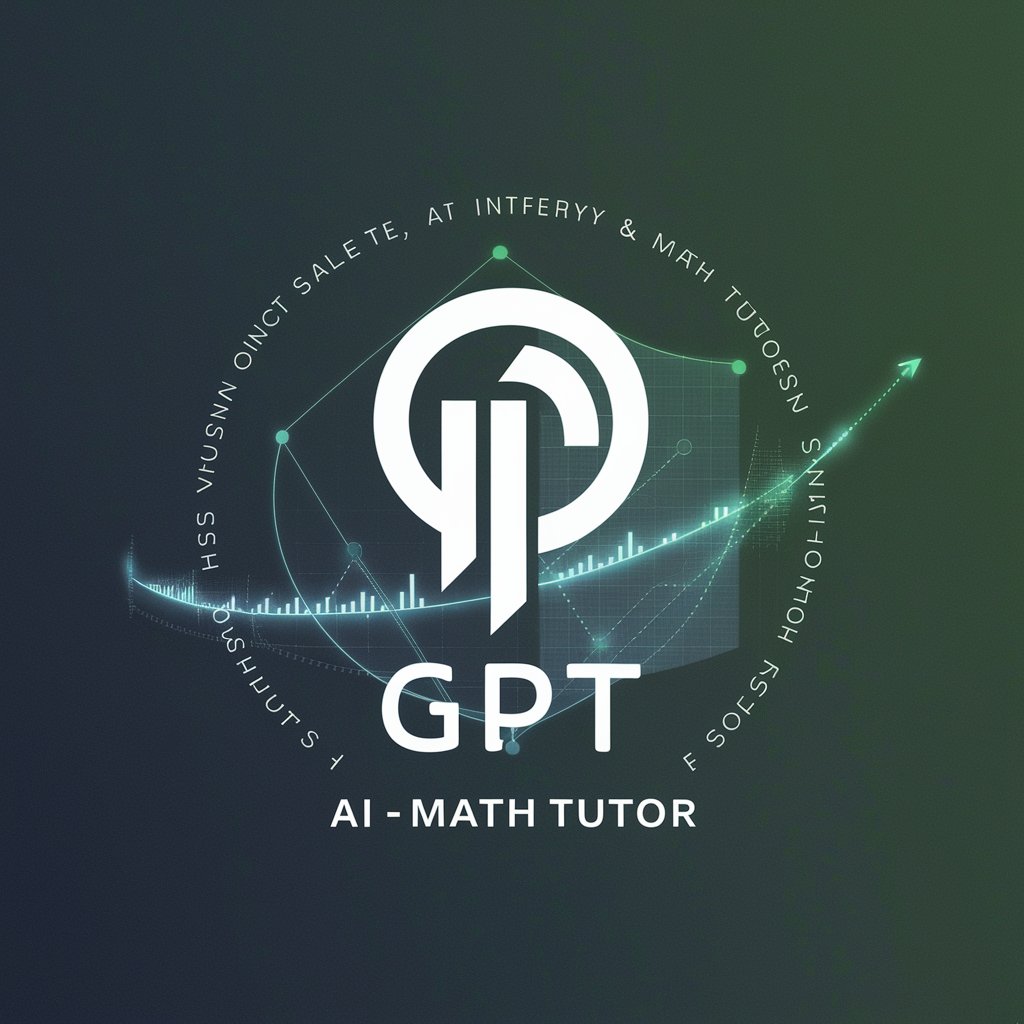
AP Government and Politics (US) Help
AI-powered AP Gov tutor, practice, and grading
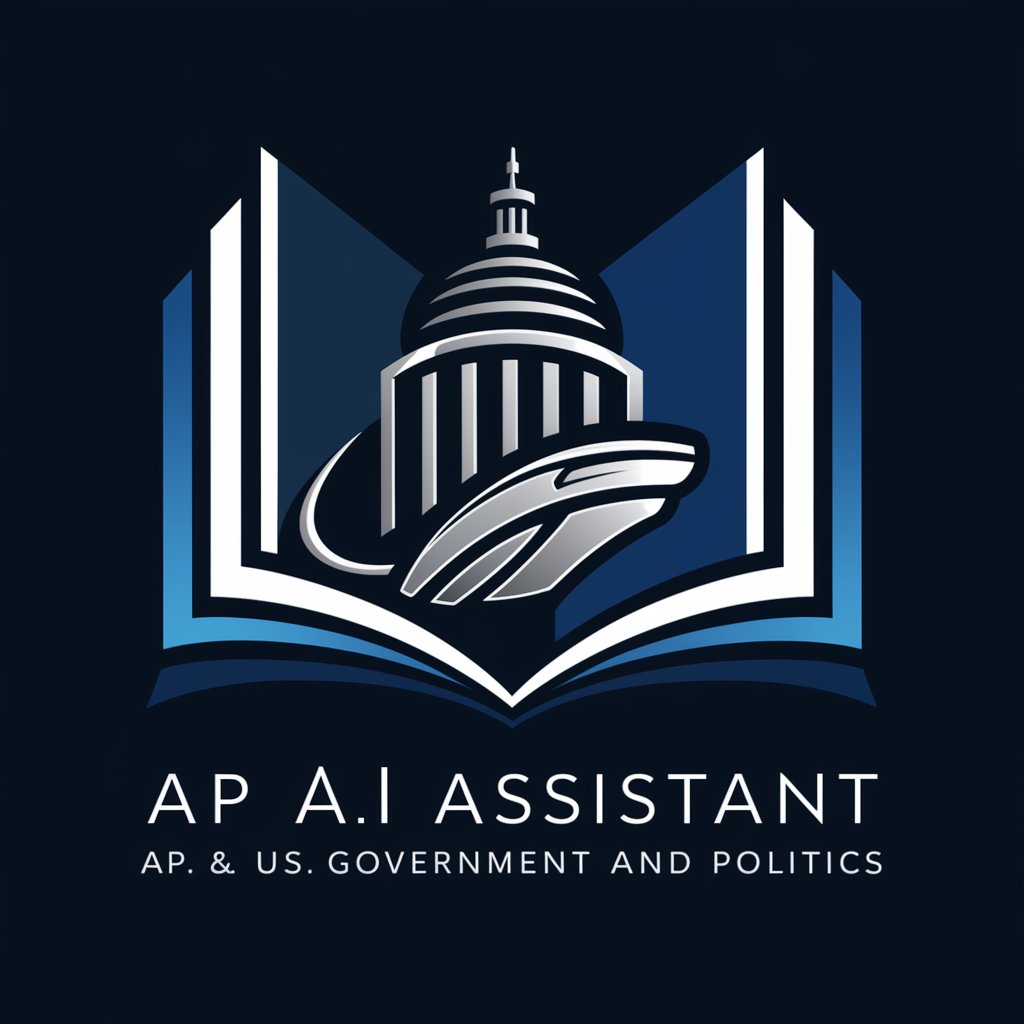
GPT Vision
AI-powered visual content analysis tool.
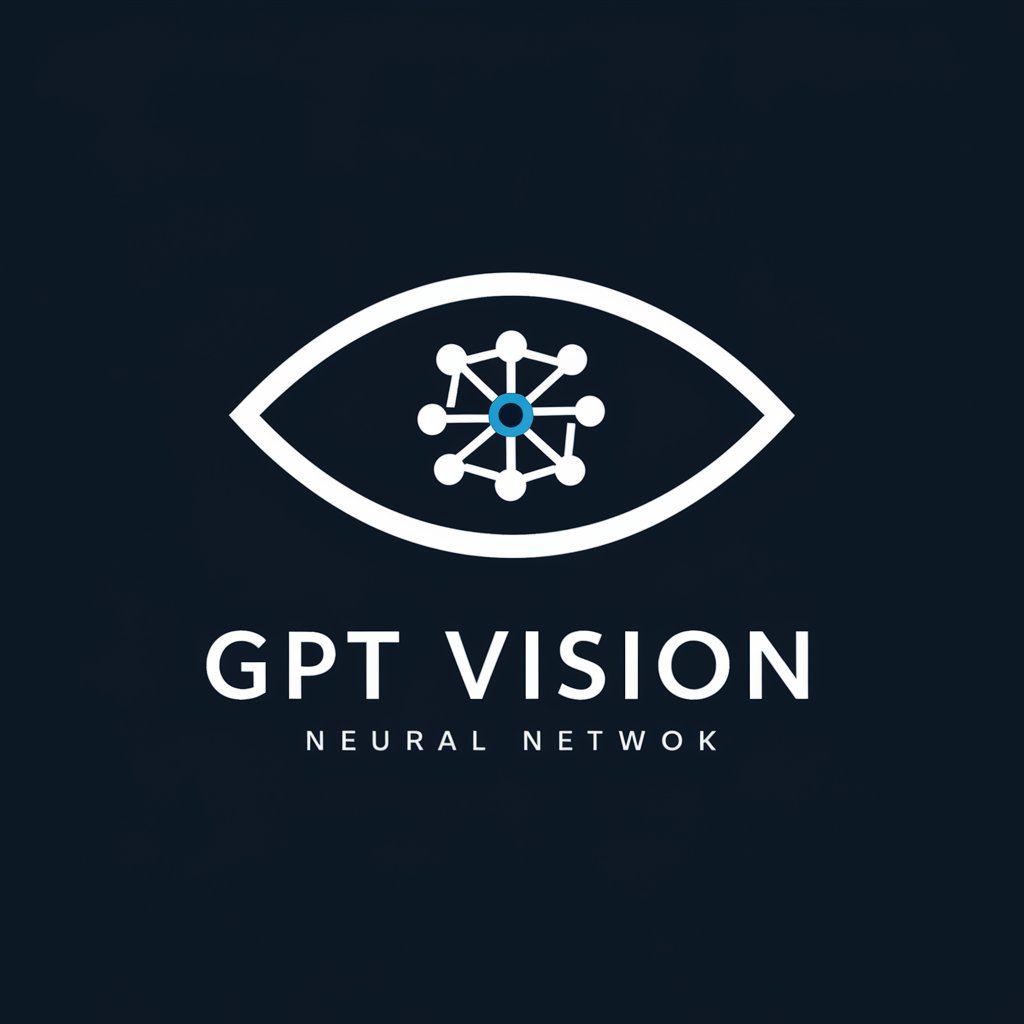
ClickHouse Pro
AI-powered ClickHouse expert for query tuning
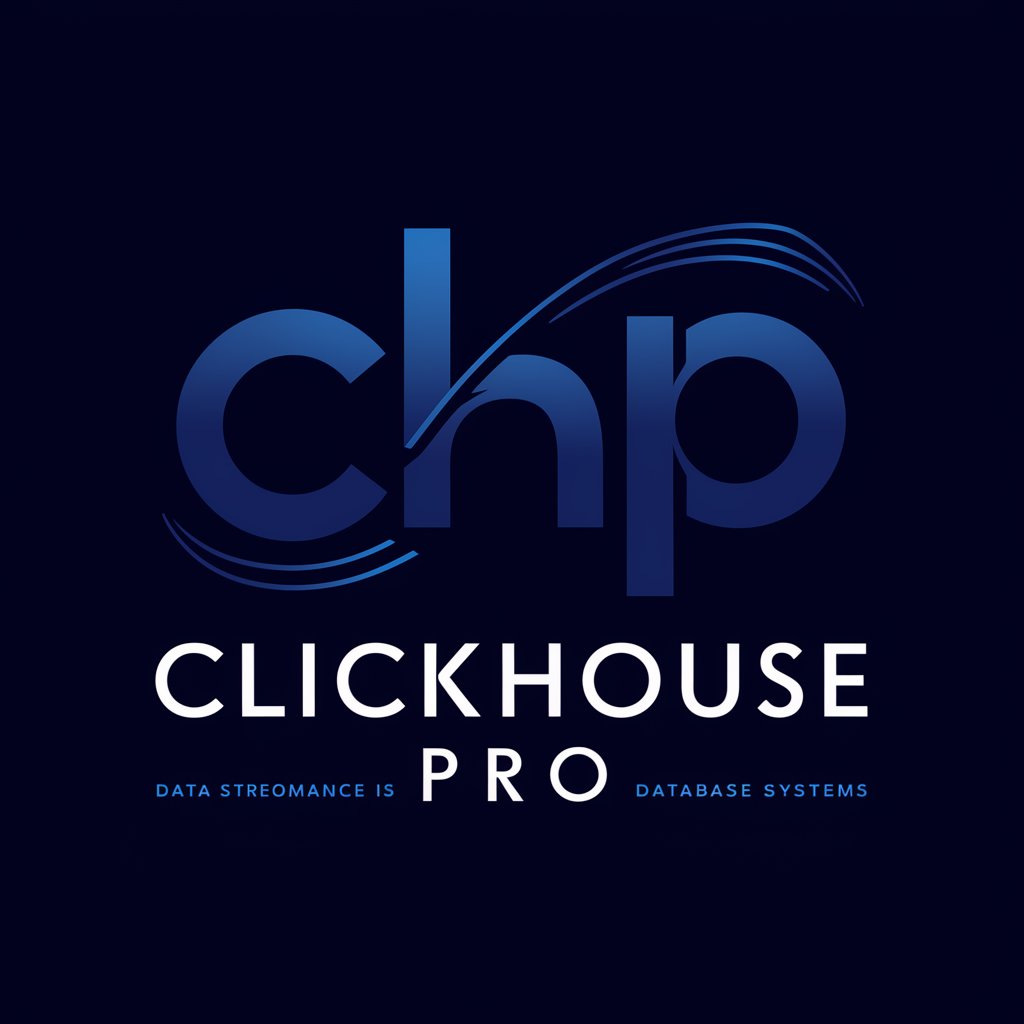
Financial Analysis & Valuation Expert
AI-powered valuation, modeling, and reporting.

Escritor de Livros
AI-powered eBook creator that plans, writes, and polishes
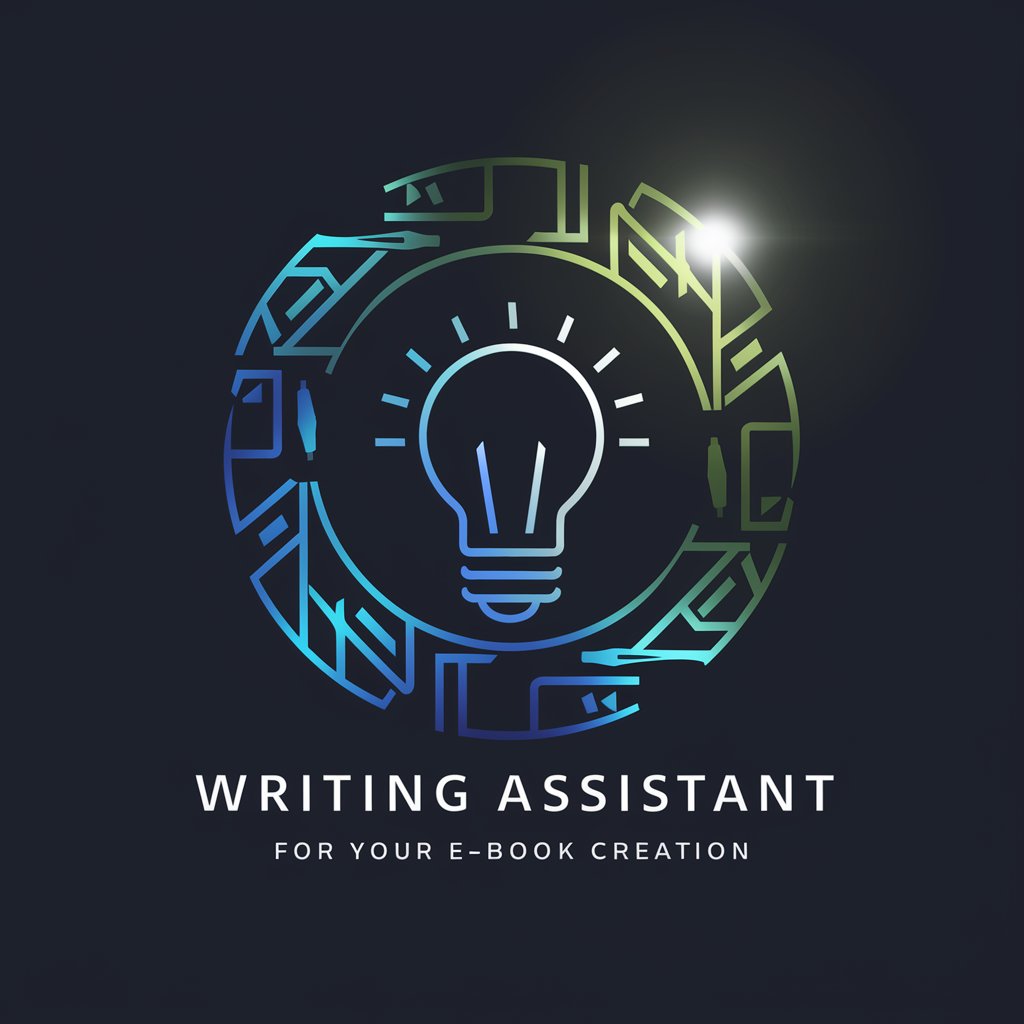
Diagramas: Muéstrame
AI-powered diagram creation — visual ideas instantly.
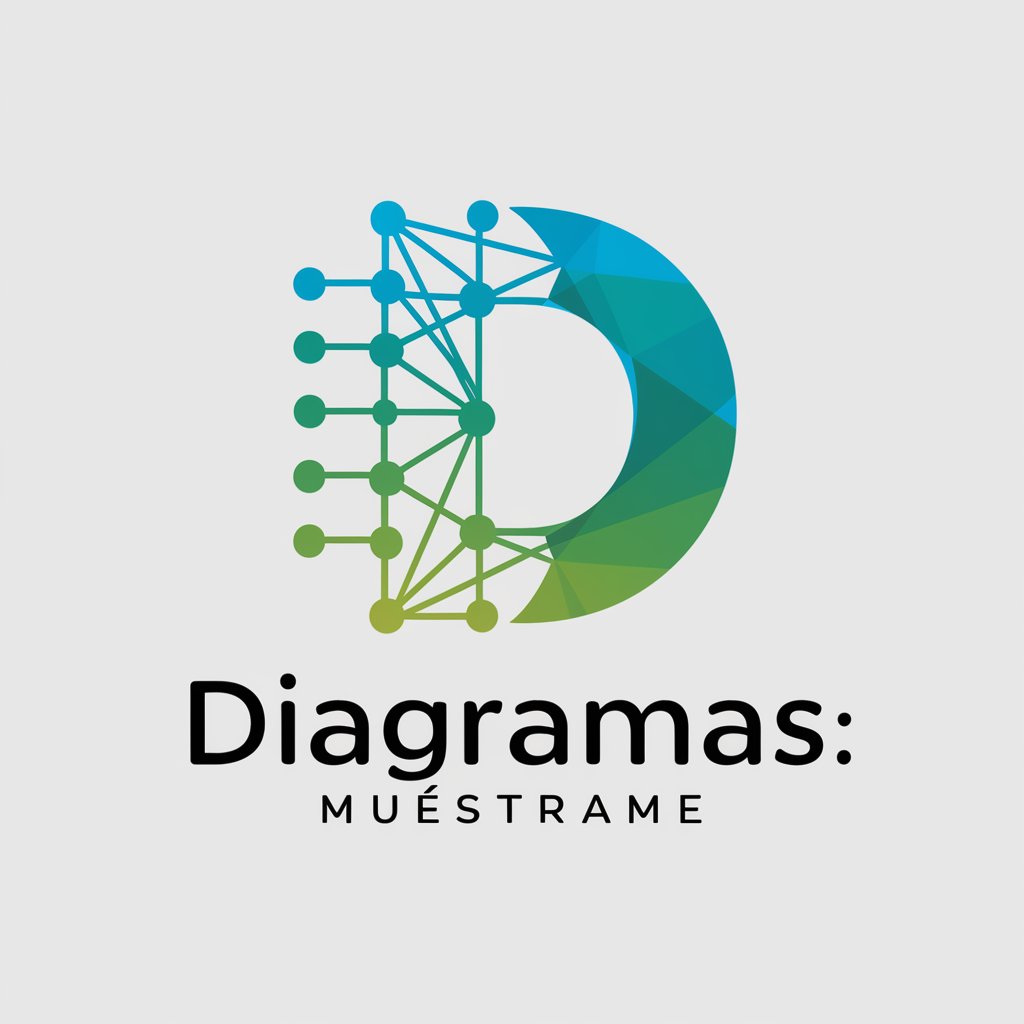
LaTeX Beamer Assistant
AI-powered tool for effortless LaTeX slides
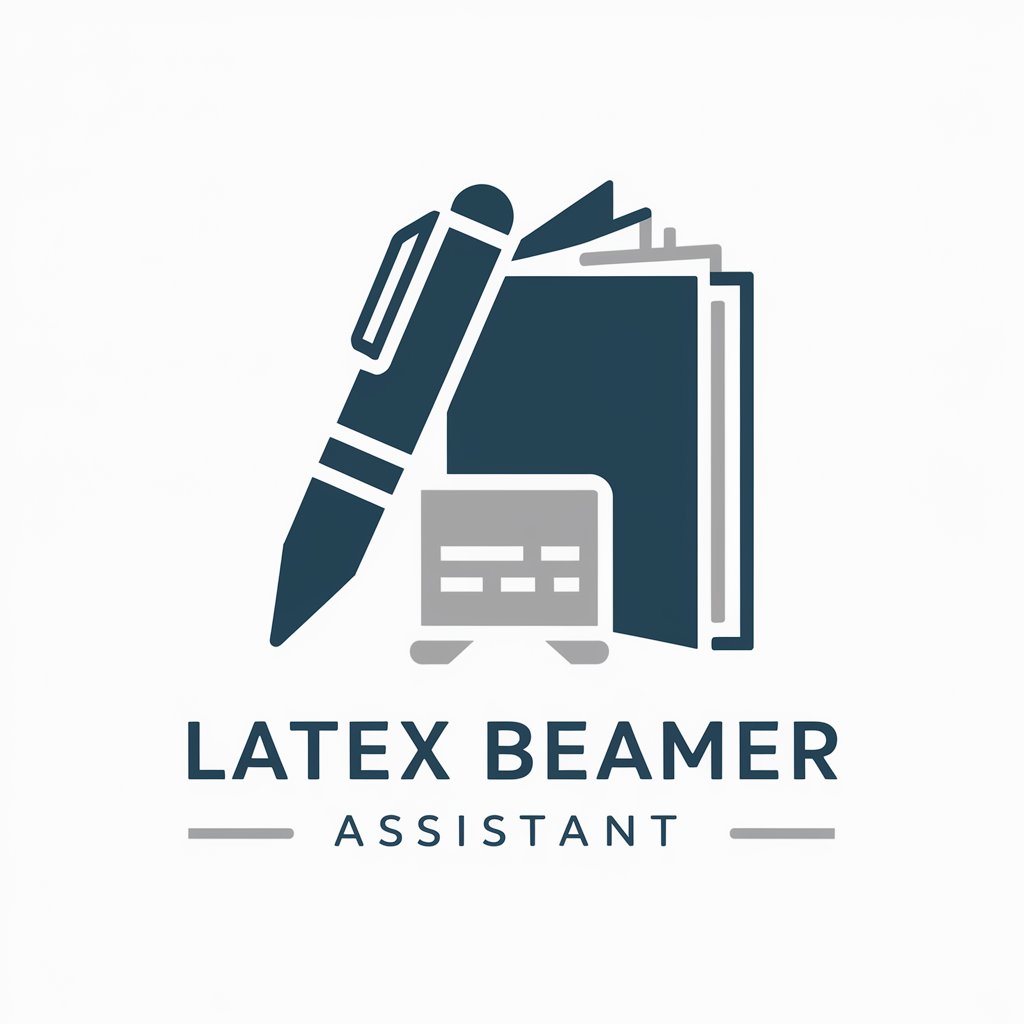
Chaos Magick Assistant
AI-driven support for your Chaos Magick practice.
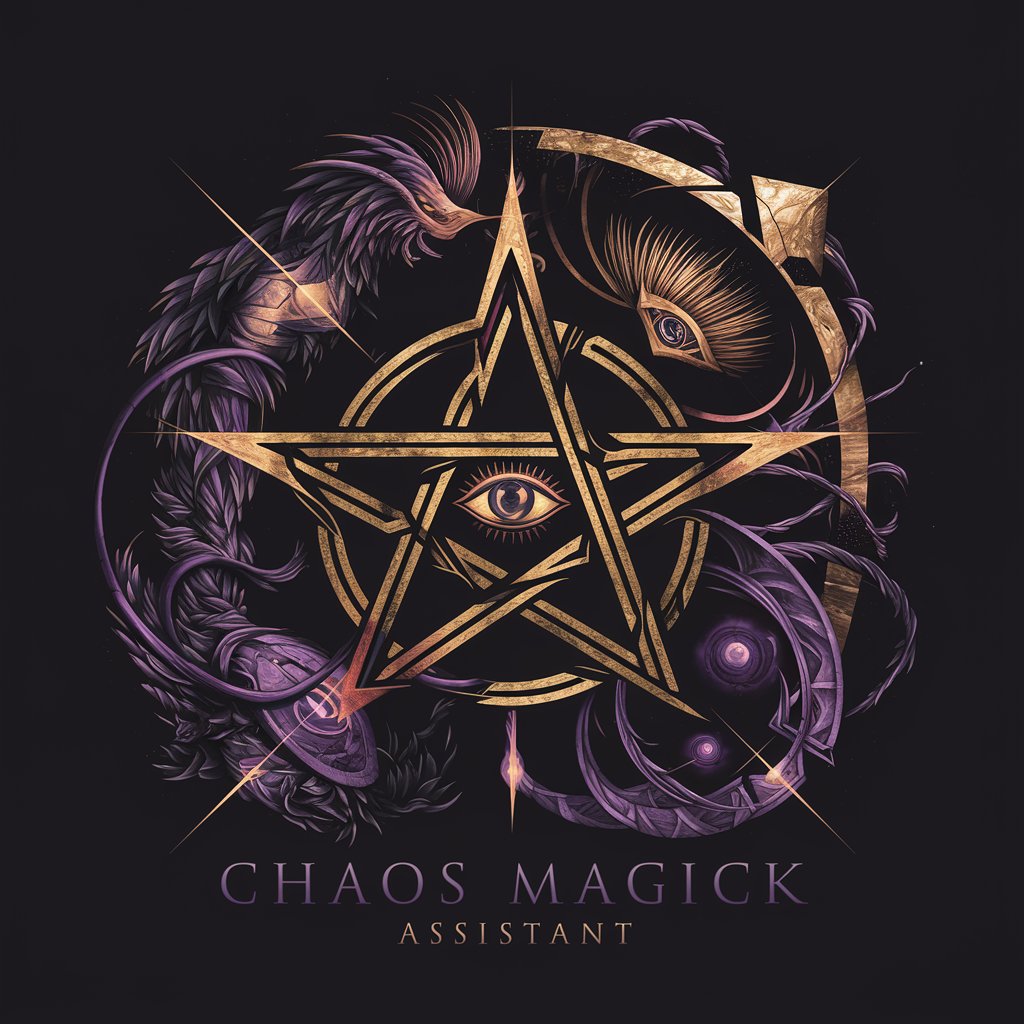
antenna
AI-driven content and research made easy.
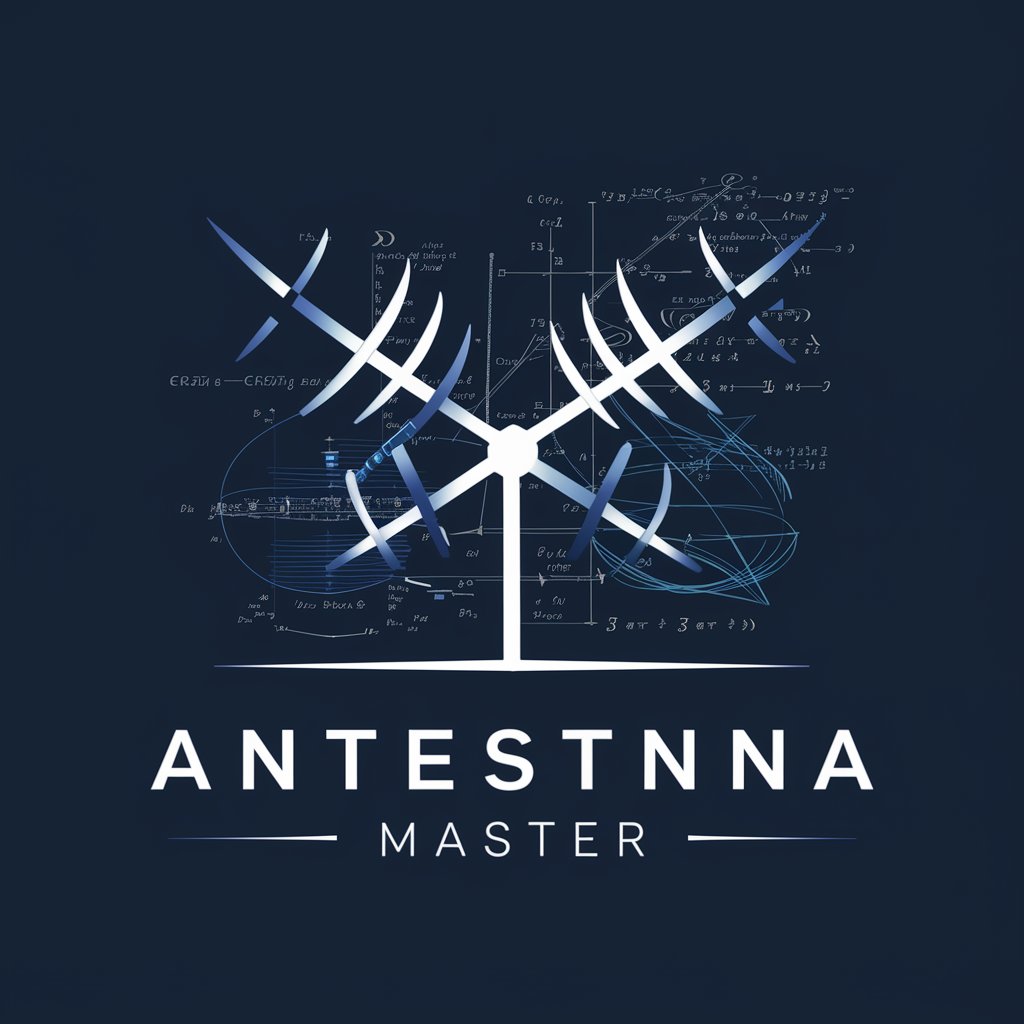
Magic, spells and witchcraft
AI-powered guidance for ethical magic

Psychometric GPT
AI-powered psychometric assessments for personalized insights.
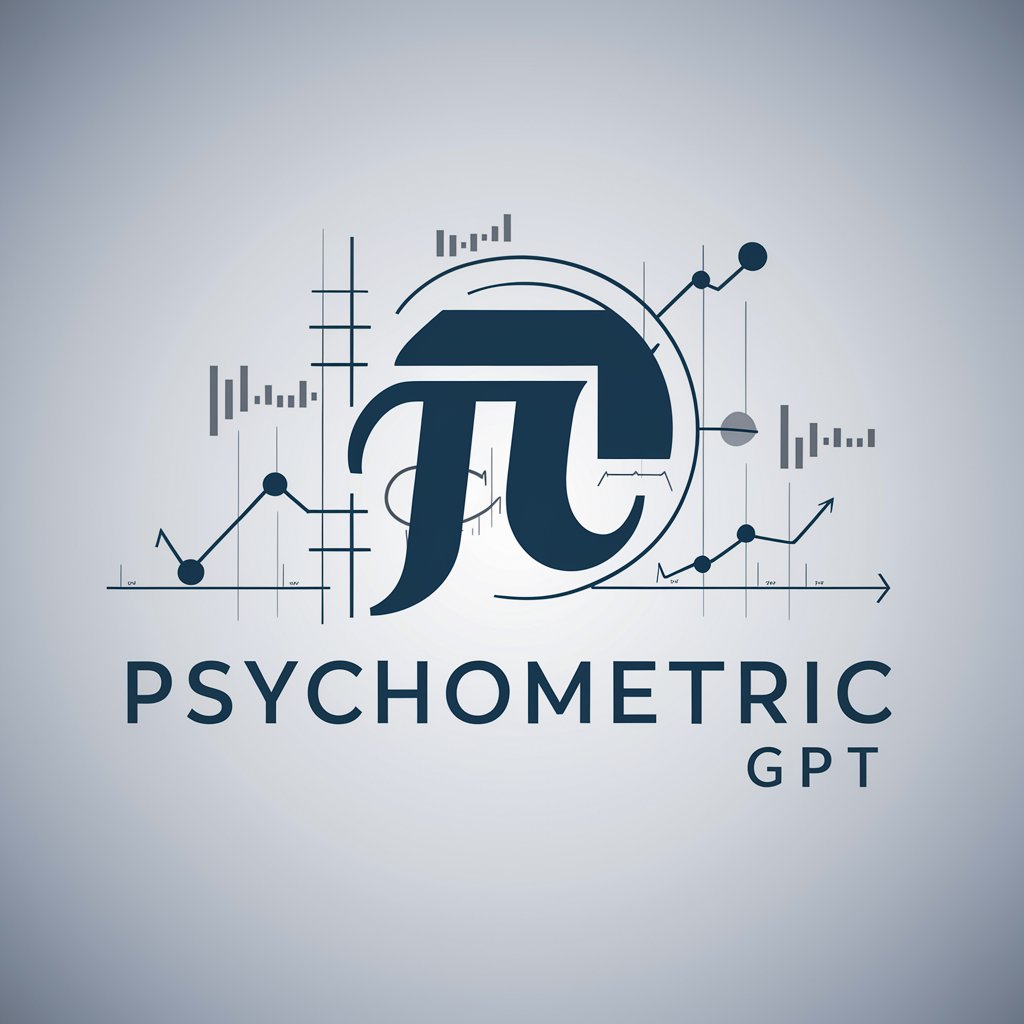
- Academic Writing
- Goal Setting
- Creative Brainstorming
- Career Planning
- Stress Management
Five common Life Coach questions
What is Life Coach and what can it do for me?
Life Coach is an AI-driven conversational coach that helps you clarify goals, create action plans, break tasks into checklists, role-play difficult conversations, and provide accountability prompts. It can generate templates (daily routines, review prompts, SMART goals), timelines, and reminders to keep progress on track.
Is my data private and secure?
Privacy depends on the provider’s policies — review the site’s privacy and terms before sharing sensitive information. Avoid sharing medical, legal, or highly sensitive personal data in chats. For regulated or confidential needs, use a qualified professional and services that meet relevant compliance standards.
Does it cost money or is it truly free?
Many features are available free or via a free trial; platforms often offer freemium access to core chat capabilities while reserving advanced features behind subscriptions. You can try aichatonline.org’s free access and explore paid upgrades if you need higher quotas or advanced tools.
Can it replace a human therapist or coach?
No — AI coaching is a powerful self-help and productivity aid but not a replacement for licensed therapists or professional coaches when dealing with clinical mental health issues, trauma, or complex interpersonal crises. Use AI for practice, planning, and accountability; seek human professionals for therapy, diagnosis, or serious mental-health treatment.
How do I get the most actionable results?
Provide context (background, constraints, timeline), ask for measurable outcomes, request step-by-step plans with deadlines, ask for short checklists or daily micro-tasks, and ask the coach to format outputs (e.g., "7-day checklist", "email draft", "conversation script"). Iterate: give feedback on the answers and ask for refinements.

